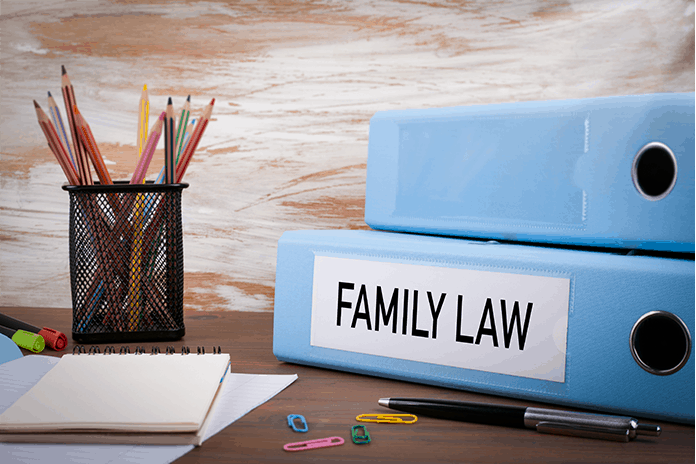Is there anyone who hears “best interests of the child” as justification for decision-making and disagrees?
In the state of New Jersey, that phrase continues to be the basis of family law rulings. When it comes to the issue of relocation, most states still have not adopted this standard. New Jersey only recently did so with a unanimous ruling in Bisbing v. Bisbing.
In 2001, the New Jersey Supreme Court heard the case of Baures v. Lewis and held that a custodial parent could relocate to another state with a child so long as the move was made in good faith and was not “inimical to the child’s best interests.”
In that case, social science research was the basis of the decision. Baures v. Lewis had also been a unanimous ruling written by a judge who was convinced by research that suggested a child fared better when the interests of the custodial parent were satisfied, on the condition that no harm came to the child.
These findings were hardly conclusive. They clearly put the parent’s interests before the child’s. So what is the story behind the case that led to the overturning of a 16-year old precedent?
Jaime and Glenn Bisbing are a divorced couple from Stanhope. They were married in 2005, divorced in 2014. During those nine years, they became the parents of twin daughters, now 10. According to their settlement agreement, Jaime was named the custodial parent while Glenn was awarded considerable parenting time. As for relocating with the twins, the agreement stated this could not occur if one of the parents objected.
The arrangement held up just fine until Jaime announced she would be marrying a man from Utah and that she intended to relocate the twins there. A trial judge citing the Baures case, permitted the move to Utah, meaning he or she felt the move was being made in good faith and was not detrimental to the children. Glenn felt differently, so he appealed.
The Appellate Division abandoned the trial judge’s ruling and agreed with Glenn.
For one thing, Jaime’s “good faith” was brought into question when it was discovered that she had been dating her new husband before the divorce became final. The relationship and therefore the relocation were clearly in Jaime’s best interest and not necessarily that of the children.
Thus, the Supreme Court ruling upheld the reversal and established that the burden of proof when it comes to the “best interests of the child standard” is on the parent who wants to relocate. It also reflects a growing trend in New Jersey to consider the rights of both parents. Rather than automatically favor the custodial parent, family law in New Jersey is operating under a new presumption that children benefit from continuous contact with both parents.




